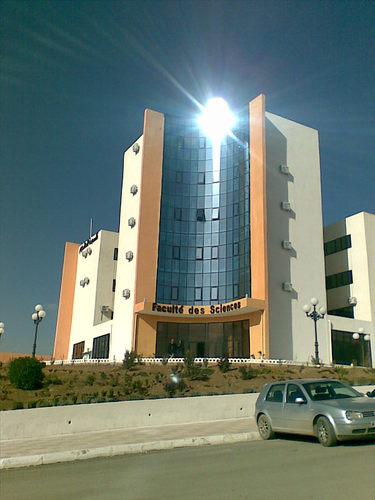|
| Titre : |
A Deep Learning Approach to Detecting Offensive Tweets |
| Type de document : |
texte imprimÃĐ |
| Auteurs : |
feriel Lafi, Auteur ; Assala Bennour, Auteur ; Lakhfif, Abdelaziz, Directeur de thÃĻse |
| AnnÃĐe de publication : |
2023 |
| Importance : |
1 vol (63 f .) |
| Format : |
29cm |
| Langues : |
Français (fre) |
| CatÃĐgories : |
ThÃĻses & MÃĐmoires:Informatique
|
| Mots-clÃĐs : |
detecting offensive language
Natural Language Processing |
| Index. dÃĐcimale : |
004 Informatique |
| RÃĐsumÃĐ : |
Social media platforms, such as Twitter, have become integral to our daily lives, providing a wide range of
services. However, these platforms also expose users to the risk of cyberbullying, which can result in mental
and emotional abuse.
Pre-trained transformers have become the standard models in natural language processing due to their outstanding
performance across various tasks and languages. However, the majority of these models have been
trained in languages that already possess abundant text resources, such as English, French, and others. As
a result, there is a need for increased focus on low-resource languages that have limited text data, such as
Arabic, particularly the Algerian dialect.
In this thesis, our primary focus is on developping an automated solution for detecting offensive language
in Arabic tweets. We used deep learning algorithms, including MarBERT, DziriBert, and Arabert transformers.
To train and evaluate the models, we utilized the OSACT 2022 and DziriOFN datasets. Through
experiments, we explore the impact of emojis on model performance and the need for additional training on
the Algerian dialect.
Our findings demonstrate that emojis provide valuable contextual information, improving the models understanding
and classification capabilities. TheMarBERT v2 model achieves an impressive F1 score of 85.1%,
while DziriBert excels in detecting offensive language in the Algerian dialect with an F1 score of 87%. These
results emphasize the importance of dialect-specific training. |
| Côte titre : |
MAI/0706 |
| En ligne : |
https://drive.google.com/file/d/1y5pgvD9jTrDs-bysqsBvcmKQScebxK74/view?usp=drive [...] |
| Format de la ressource ÃĐlectronique : |
pdf |
A Deep Learning Approach to Detecting Offensive Tweets [texte imprimÃĐ] / feriel Lafi, Auteur ; Assala Bennour, Auteur ; Lakhfif, Abdelaziz, Directeur de thÃĻse . - 2023 . - 1 vol (63 f .) ; 29cm. Langues : Français ( fre)
| CatÃĐgories : |
ThÃĻses & MÃĐmoires:Informatique
|
| Mots-clÃĐs : |
detecting offensive language
Natural Language Processing |
| Index. dÃĐcimale : |
004 Informatique |
| RÃĐsumÃĐ : |
Social media platforms, such as Twitter, have become integral to our daily lives, providing a wide range of
services. However, these platforms also expose users to the risk of cyberbullying, which can result in mental
and emotional abuse.
Pre-trained transformers have become the standard models in natural language processing due to their outstanding
performance across various tasks and languages. However, the majority of these models have been
trained in languages that already possess abundant text resources, such as English, French, and others. As
a result, there is a need for increased focus on low-resource languages that have limited text data, such as
Arabic, particularly the Algerian dialect.
In this thesis, our primary focus is on developping an automated solution for detecting offensive language
in Arabic tweets. We used deep learning algorithms, including MarBERT, DziriBert, and Arabert transformers.
To train and evaluate the models, we utilized the OSACT 2022 and DziriOFN datasets. Through
experiments, we explore the impact of emojis on model performance and the need for additional training on
the Algerian dialect.
Our findings demonstrate that emojis provide valuable contextual information, improving the models understanding
and classification capabilities. TheMarBERT v2 model achieves an impressive F1 score of 85.1%,
while DziriBert excels in detecting offensive language in the Algerian dialect with an F1 score of 87%. These
results emphasize the importance of dialect-specific training. |
| Côte titre : |
MAI/0706 |
| En ligne : |
https://drive.google.com/file/d/1y5pgvD9jTrDs-bysqsBvcmKQScebxK74/view?usp=drive [...] |
| Format de la ressource ÃĐlectronique : |
pdf |
|


